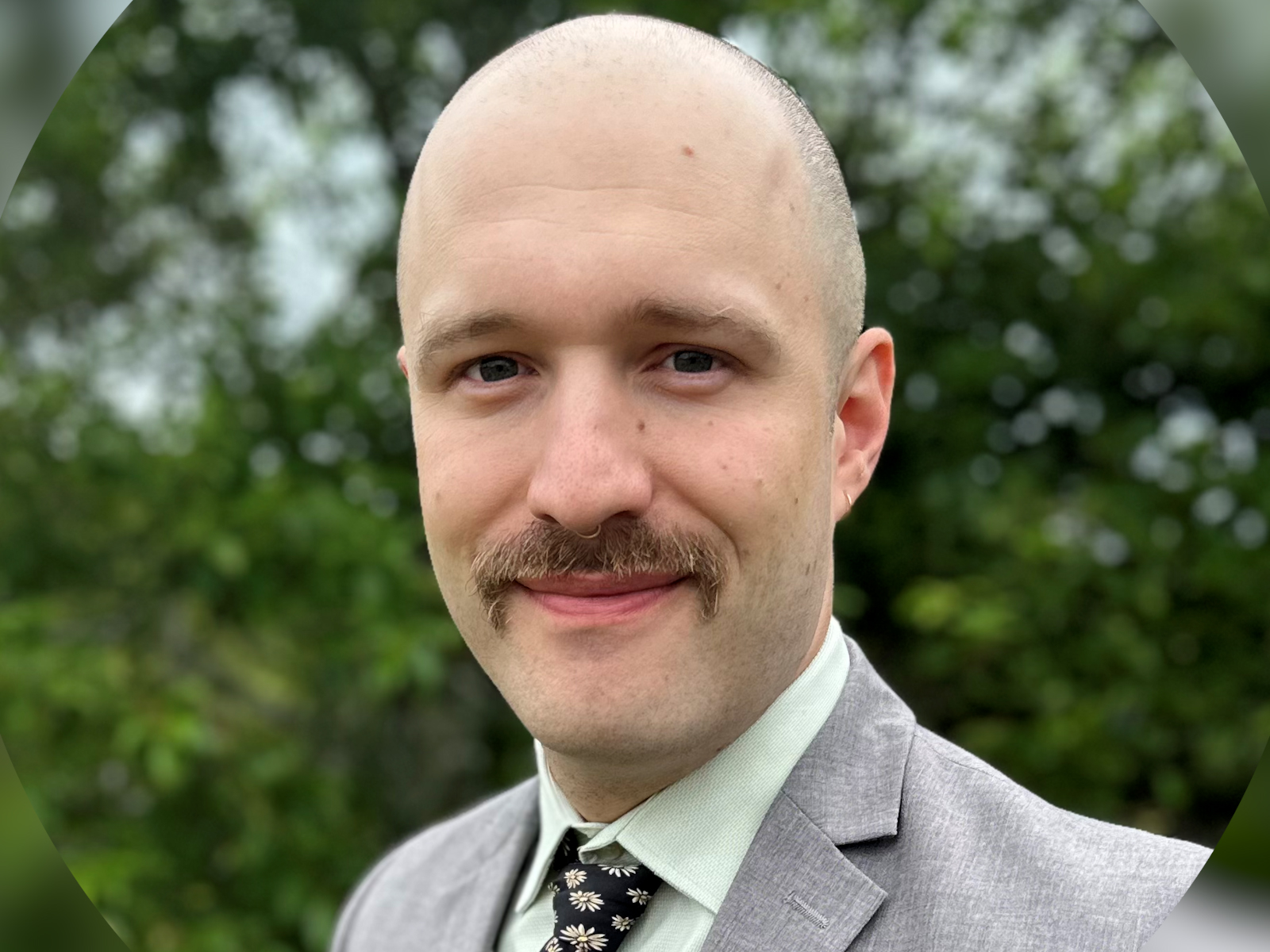PNACIC Team

Tom Metz, PNACIC Co-Director
Dr. Tom Metz is a Laboratory Fellow and the Chief Science Officer of the Biological Sciences Division at PNNL and has over 25 years experience in the development and application of advanced mass spectrometry capabilities for molecular measurements. Dr. Metz is the Co-Director of the Pacific Northwest Advanced Compound Identification Core, and his research interests focus on the development of MS-based workflows for reference-free identification of novel molecules and their modifications.

Yehia Ibrahim, PNACIC Co-Director
Dr. Yehia Ibrahim is a scientist and the Group Leader of the Translational Omics group in the Biological Sciences Division at PNNL. He has over 20 years of experience in developing technologies for molecular separation and identification using ion mobility and mass spectrometry, and many of these technologies have been incorporated into commercial instruments. His current research focuses on developing and advancing technologies for the identification of biomolecules.

Kate Schultz, Data Scientist
Kate Schultz is a data scientist in the Computational Biology Group within the Earth & Biological Sciences Directorate. In both principal investigator and technical contributor capacities she conducts research and develops software to advance computational capabilities in areas including in silico drug discovery, QSAR modeling, protein-ligand interaction analysis, computational toxicology, metabolomics, and chemical space analysis. She collaborates with both academic groups and government agencies in these efforts.

Richard Overstreet, Chemist
Dr. Richard Overstreet is a chemist with the Materials and Computations team in PNNL’s National Security Directorate. Dr. Overstreet's research interests include modeling across multiple scales, encompassing molecular dynamics, ab initio methods, chemical kinetic models, Computational Fluid Dynamics, and radiation transport simulations. His research also extends to AI/ML chemical prediction tools and surrogate modeling.

Chris Harrilal, Chemist
Dr. Chris Harrilal joined the Biological Science Division in 2020 and has expertise in the development of advanced instrumentation for molecular measurements including mass spectrometry, ion mobility, and spectroscopic techniques. Dr. Harrilal also has expertise in property predictions using quantum chemistry and molecular dynamics for de-novo structural elucidation. His research interests include pushing the boundaries of molecular measurements and improving predictive tools.

Dylan Ross, Data Scientist
Dr. Dylan Ross is a Data Scientist in the Biological Sciences Division at PNNL, specializing in the development of informatic solutions for extracting usable insights from complex mass spectrometry based multiomics data. Dylan has a background in advanced mass spectrometry, drug metabolism, and computational chemistry, and he is passionate about better incorporating cutting-edge computational methods, especially artificial intelligence and machine learning, into practical workflows for elucidating chemical dark matter.